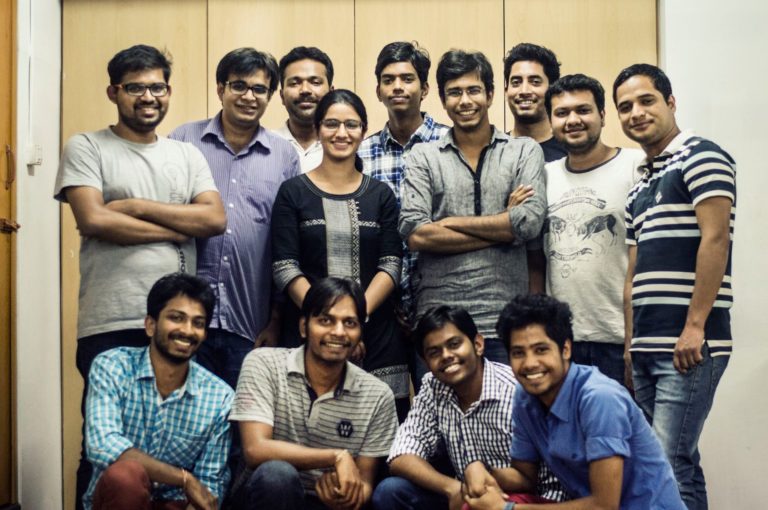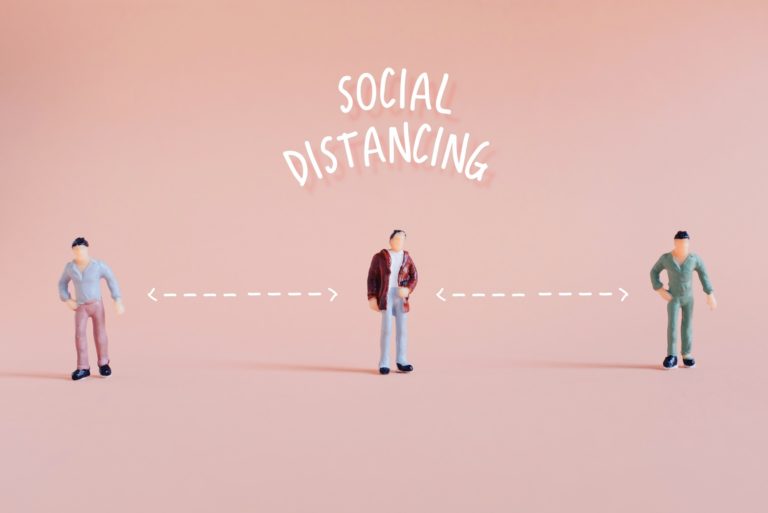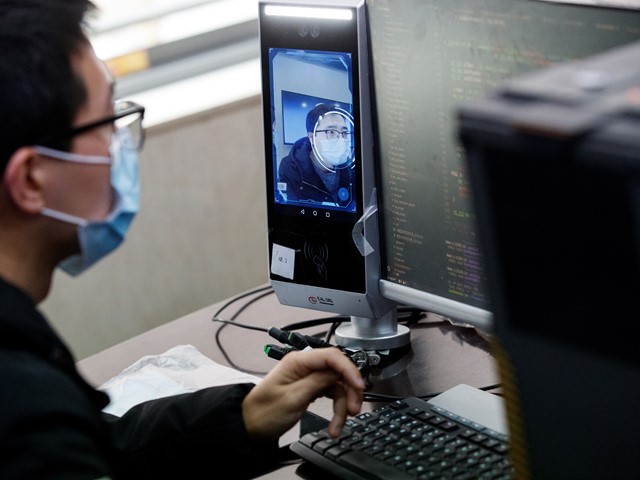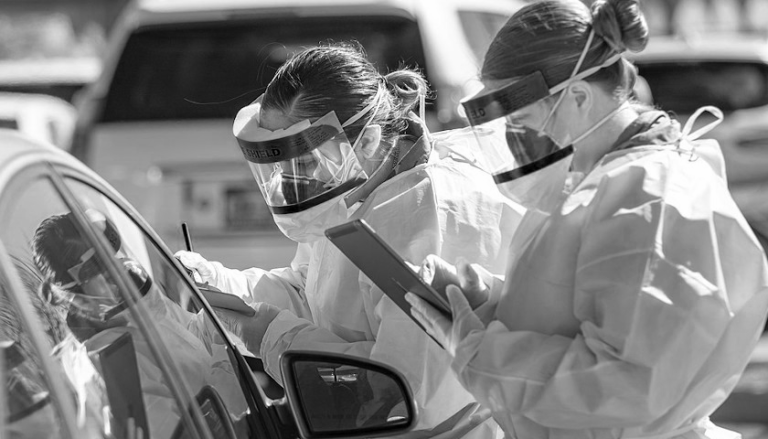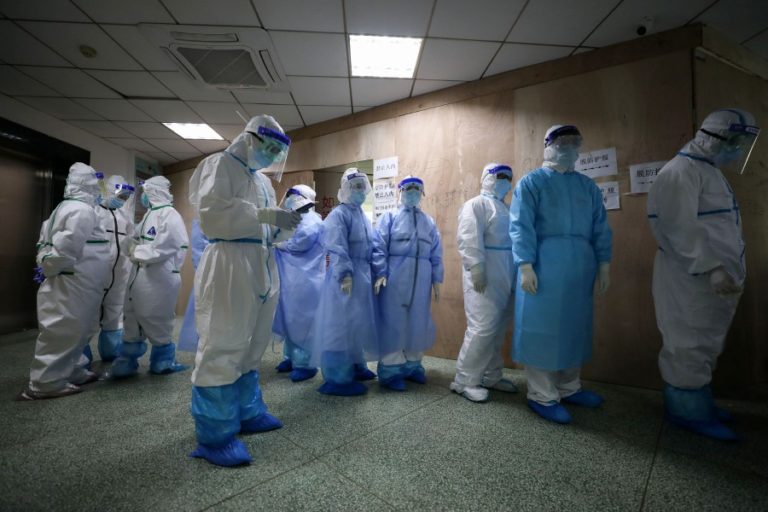The hype around artificial intelligence is under the scanner as the technology has not made a big impact in the fight against COVID-19. Undoubtedly, AI has taken the central stage within various organisations to drive business growth, but its effectiveness in a wide range of use cases is yet again being questioned. This is because researchers have failed to bring anything on the table that could significantly help the world fight COVID-19.
Today, the world needs AI more than ever to slow the spread of the deadly virus and, in turn, save thousands of lives. Has AI ultimately failed us all during the COVID-19 crisis?
AI Could Not Deliver
Lockdown of places have helped slow the community spread of the virus, but today, the consumer-driven economy is taking a huge hit. The Organisation for Economic Cooperation and Development (OECD) has stated that the global economy could be hit by its worst growth rate since 2009, thereby, dragging many countries into recession.
AI has become a buzzword that can make people imagine unrealistic situations beyond the technology’s capabilities. However, in challenging times, all we have got are visualisations, chatbots, thermal detectors, drones, tools to flag fake news, among others. While a few solutions help track and provide information related to the virus, everyone was expecting a groundbreaking innovation to save the world.
Besides, the reliability of existing AI-based solutions for COVID-19 is another constraining factor during this crisis. For instance, detecting COVID-19 from lung scans is one such solution that is widely used today. However, computer vision models have been subjected to bias due to the shortage in the diversity of data. Google’s cancer detection solution’s inaccuracy demonstrates how such ML models can provide inaccurate results – it identifies non-cancerous changes as potential tumours.
If AI can be incorrect and provides biased results when trained with a colossal amount of cancer data, it’s unlikely that we trust solutions that claim to determine the disease through analysing chest scan images where there is already a shortage of COVID-19-related data.
Today, the danger of trusting an unproven technology is more significant than ever – during the pandemic, people are eager for quick solutions. And not just computer vision products, basic machine learning prediction has gone wrong too. Many organisations started predicting the number of people who would be COVID-19 positive, which again went wrong.
AI From Hero To Zero?
People had higher expectations from AI researchers during this pandemic, but to their dismay, data scientists could not innovate with the current technology. However, one reason cited on why AI failed is due to the shortage of necessary data. AI relies on historical information, but since COVID-19 is entirely new to the world, it is difficult to obtain enough reliable data for ML models in a short period. Inaccurate prediction of COVID-19 proliferation demonstrates that we lack the right data to bring value. Well then, it is not AI that disappointed us — we have failed AI by not feeding correct information to train and evaluate ML models.
Several governments were always critical of AI in healthcare, which limited its use in the sector. However, of late, researchers are deploying AI for drug discovery. More recently, British startup Exscientia and Japanese pharmaceutical firm Sumitomo Dainippon Pharma developed a drug with AI, which otherwise would have taken five years. Even for AI, it takes years to develop when you have the right set of data, then how can we expect a vaccine or medicine for COVID-19 in a few months? Besides, we do not have a well-devised policy to collect and process patient data. Therefore, we have unrealistic expectations from AI, at least in the healthcare industry. But this does not mean we cannot rely on AI during such a crisis in the future.
AI has been a game-changer in sectors like finance, e-commerce, manufacturing, among others, as it was actively embraced to revamp the workflows. However, in healthcare, we did not leverage AI for the development, and it has now exposed our lack of competency in adopting the latest technologies in inpatient care. AI has all the potential, but the governments need to collaborate and provide a framework for researchers that can allow the flow of healthcare data for innovating in the sector and be ready to adopt right practices to weather such storms with AI in the future.
Also Read: Five Ways The Data Science Landscape Will Change Post COVID-19







